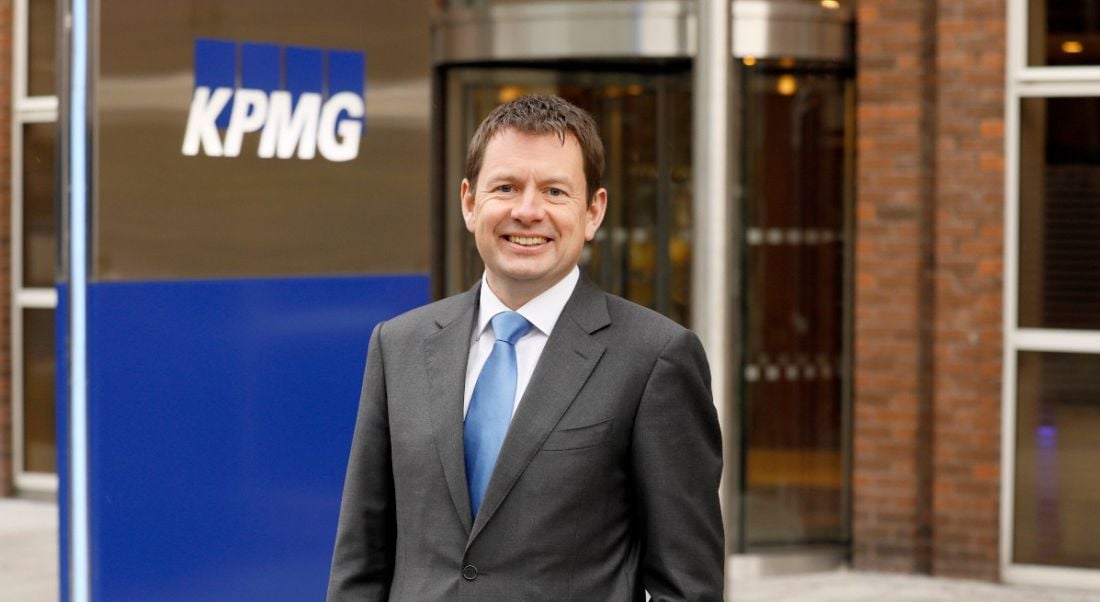According to KPMG, only 17pc of global leaders are looking to downsize their office space as a result of the pandemic.
As we hit the one-year anniversary for when many businesses switched to remote working as the Covid-19 pandemic first took hold, a new study shows that CEOs around the world are still nervous about the future of work.
According to a new KPMG study, which surveyed 500 global CEOs, only 17pc are looking to downsize their office space as a result of the pandemic. This is down from nearly 70pc last summer.
Additionally, only 21pc of businesses are looking to hire employees who work predominantly remotely, a significant shift from 73pc in 2020.
Looking towards a post-Covid world, only 30pc of global executives are considering a hybrid working model for their staff, where most employees work remotely between two and three days a week.
The survey, which was conducted in February and March of this year, also found that 45pc of global leaders do not expect to see a return to a ‘normal’ course of business until sometime in 2022.
While the survey shows a certain reluctance to move into a permanent hybrid or remote working model, many major companies have already taken steps to do just that.
Yesterday (23 March), tech giant Microsoft revealed its plans for moving towards a hybrid working model through attendance strategies, distanced workspaces and meeting space prototypes.
It follows Salesforce’s announcement last month that most of its employees will be able to work remotely for part of the week after the pandemic.
Additionally, Revolut also announced a long-term hybrid working strategy, following similar remote and hybrid working plans announced last year by companies such as Dropbox, Indeed and Siemens.
Seamus Hand, managing partner of KPMG in Ireland, said: “It’s really interesting to see in our research how CEOs are thinking about transforming their operating models and further accelerating digital transformation projects as they start to think about the possible return of their employees to an office environment.”
He also noted that the climate crisis is something that will continue to grow in importance as a leadership issue. The study found that almost 90pc of CEOs are focused on locking in the sustainability and climate gains their companies made as a result of the pandemic.
Additionally, the widespread switch to remote working has brought new data security risks to organisations. As a result, global business leaders identified cybersecurity as the top concern impacting their growth and operations over the next three years, ahead of regulatory, tax and supply chain concerns.




